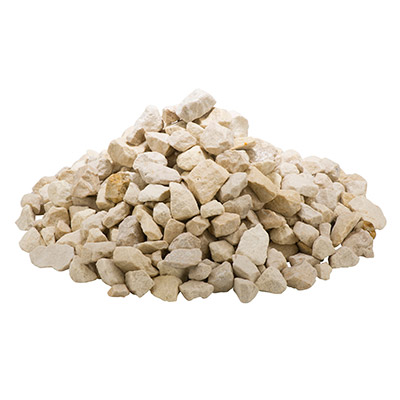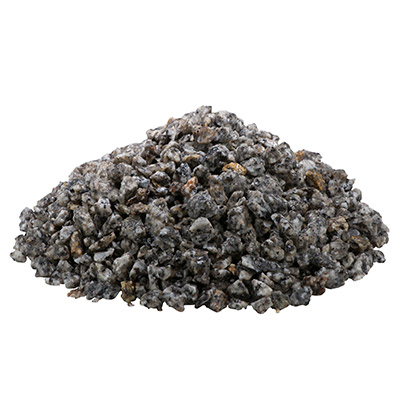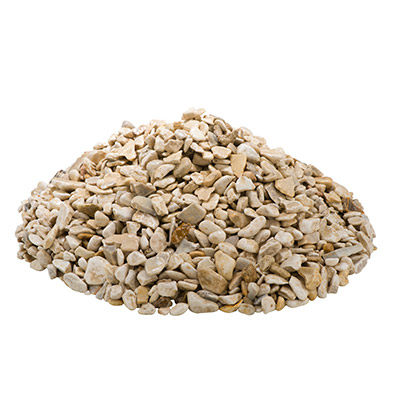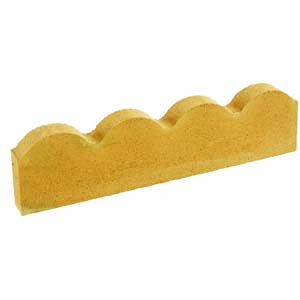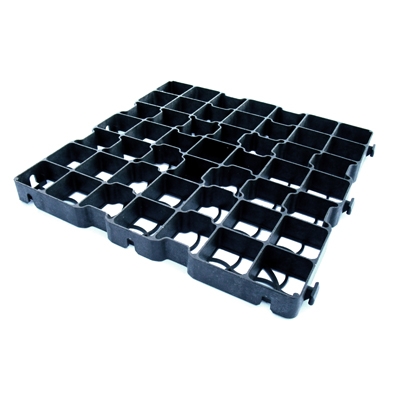A well-constructed gravel driveway not only enhances the curb appeal of your property but also provides a durable and cost-effective solution for vehicular access. However, creating a gravel driveway requires careful planning and the selection of the right gravel type. In this comprehensive guide, we'll walk you through the steps to gravel a driveway and help you choose the best gravel for the job.
Part 1: Preparing Your Driveway
- Assessment and Planning
Before you start, assess your driveway area and determine the purpose of your driveway. Is it primarily for vehicle access, or will it serves as a decorative pathway too? Measure the dimensions including the depth and plan the layout.
- Site Preparation
- Clear the area of vegetation, rocks, and debris.
- Check the slope and drainage. Proper grading is essential to ensure water doesn't pool on your driveway.
- If your driveway is on a slope, consider installing drainage features like channel drainage systems or soak aways to direct water away from the surface.
- Edging and Borders
Install edging or borders to contain the gravel and prevent it from spreading into other areas. Options include timber, stone, or metal edging.
Part 2: Choosing the Right Gravel
Selecting the appropriate gravel type is crucial for a durable and aesthetically pleasing driveway. Here are some common gravel options and their suitability for driveways:
- Characteristics: Angular, irregularly shaped stones available in various sizes.
- Pros: Provides a stable, long-lasting surface that resists movement. Effective for weed control.
- Cons: Some sizes can be less comfortable for walking always check the grading size.
- Ideal Use: Ideal for driveways and as a base material for other materials.
- Characteristics: Mixture of both angular and rounded gravel, typical size 20mm diameter and can often be found in a smaller size of 10mm
- Pros: Creates a comfortable, walkable surface. Suitable for various garden styles. Easy to work with and maintain.
- Cons: May move over time and require periodic raking.
- Ideal Use: Suitable for decorative driveways, pathways and borders.
- Recycled Asphalt
- Characteristics: Crushed and recycled asphalt material.
- Pros: Affordable and environmentally friendly. Compacts well to create a stable surface.
- Cons: Appearance may not be as appealing as traditional gravel options. May soften in extreme heat. Not always available due to improved recycling techniques used by the highways.
- Ideal Use: For budget-conscious homeowners or those looking for an eco-friendly option.
- Characteristics: crushed granite.
- Pros: Creates a firm, permeable surface that resists erosion. Easy to compact for a solid base.
- Cons: May need occasional replenishing. Can be dusty when dry.
- Ideal Use: Suitable for driveways, pathways, borders and patios.
- Characteristics: Smooth, rounded stones available in various sizes and colours.
- Pros: Adds a natural, calming aesthetic to the driveway. Low maintenance.
- Cons: Can be more expensive than other gravel types.
- Ideal Use: Suitable for decorative driveways, pathways, borders and patio areas.
Part 3: Installing the Gravel Driveway
Once you've chosen the right gravel type, it's time to install your driveway. Here's a step-by-step process:
- Excavate the driveway area to a desired depth, depending on your gravel size.
- Compact the soil or sub-base to create a stable foundation.
- Add a layer of geotextile fabric to prevent weed growth and stabilize the base.
- Add Gravel Layers
- Begin with a layer of larger-sized gravel (base gravel) as a foundation, typically 10cm thick. Compact this layer thoroughly.
- Add a second layer of smaller-sized gravel (top gravel) on top, usually 5cm thick.
- Compact each layer ideally using a mechanical compactor to create a solid, level surface.
- Regular Maintenance
- Periodically replenish or re-compact the gravel to maintain a smooth surface.
- Address any drainage issues promptly to prevent erosion.
Part 4: Final Thoughts
Gravel driveways are an excellent choice for homeowners seeking a practical, cost-effective, and visually appealing solution. By carefully selecting the right gravel type, proper site preparation, and meticulous installation, you can enjoy the benefits of a durable and attractive gravel driveway for years to come. Whether you opt for chippings, pea gravel, recycled asphalt, granite, or pebbles, your well-constructed gravel driveway will enhance the functionality and beauty of your property.
Here at Decorative Gardens we have a range of gravels and accessories that are ideal for creating a gravel driveway. If you need a hand with advice then please get in touch.





